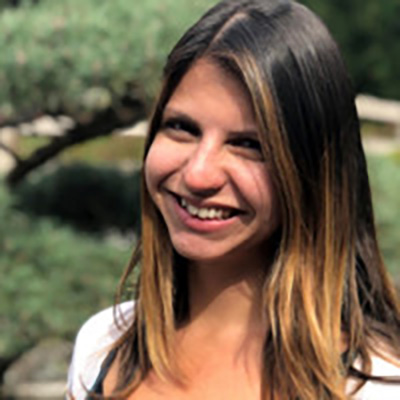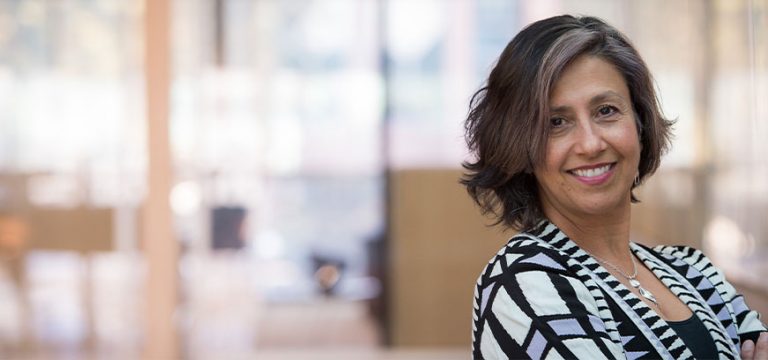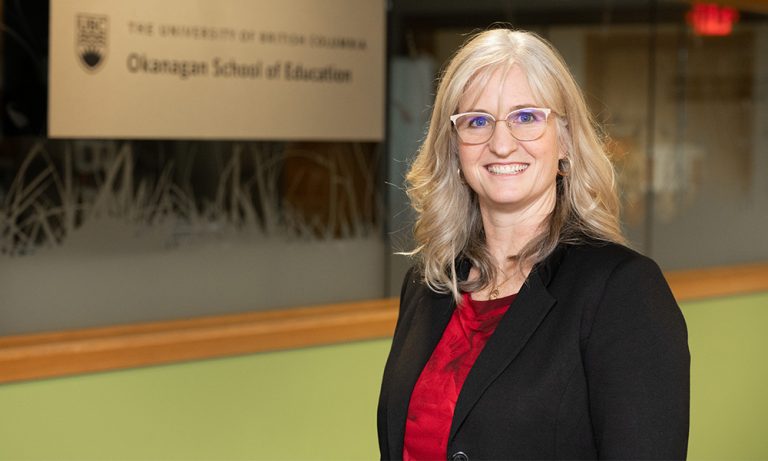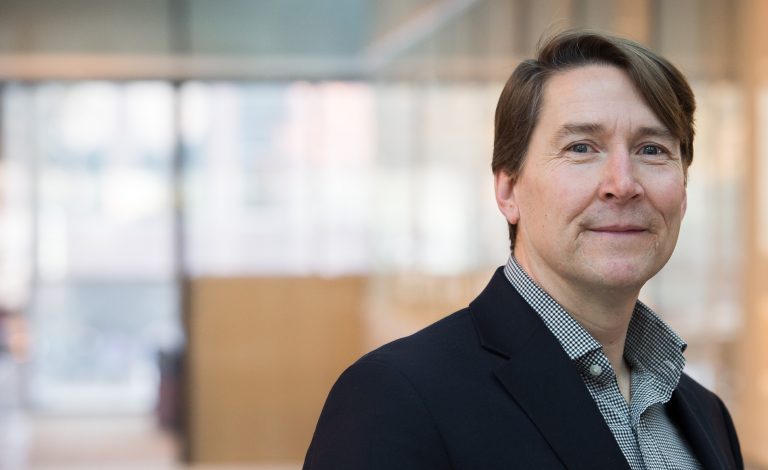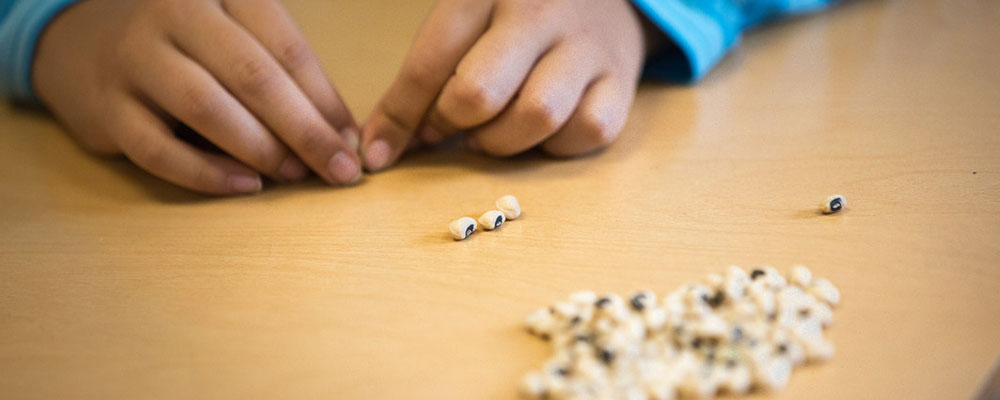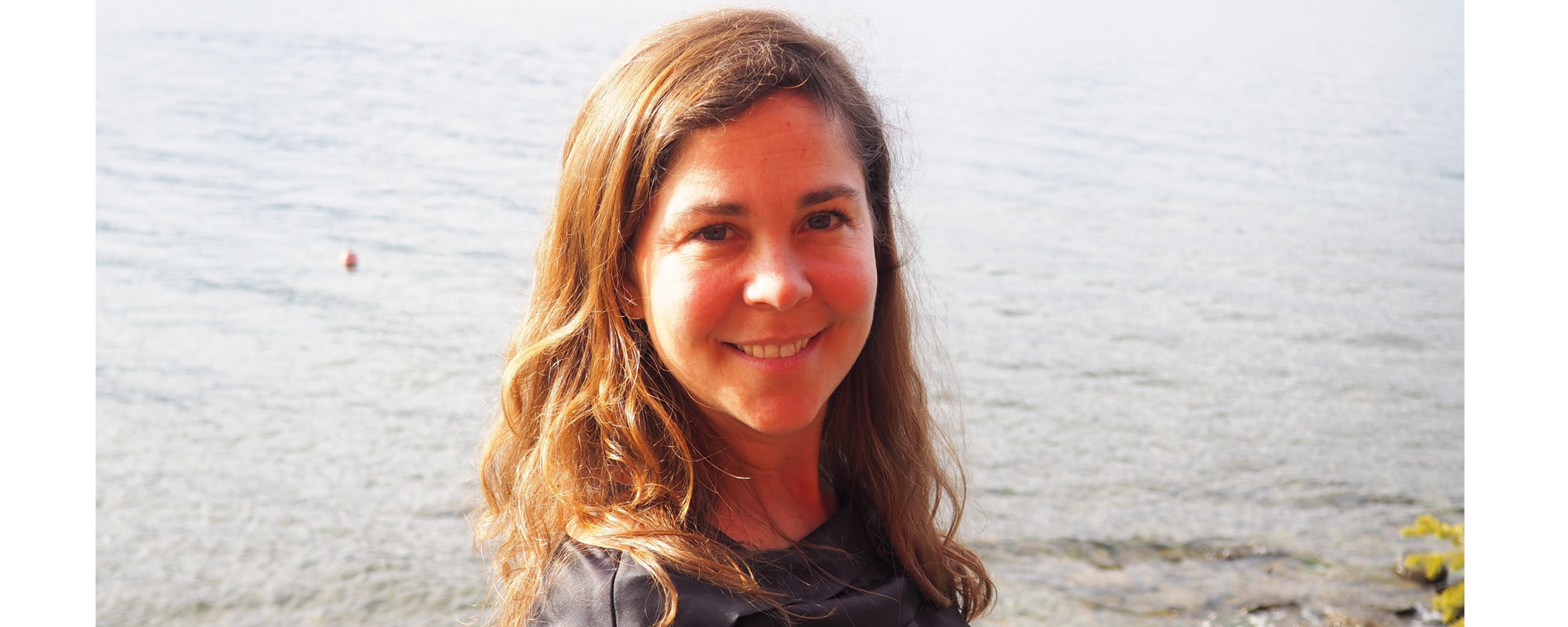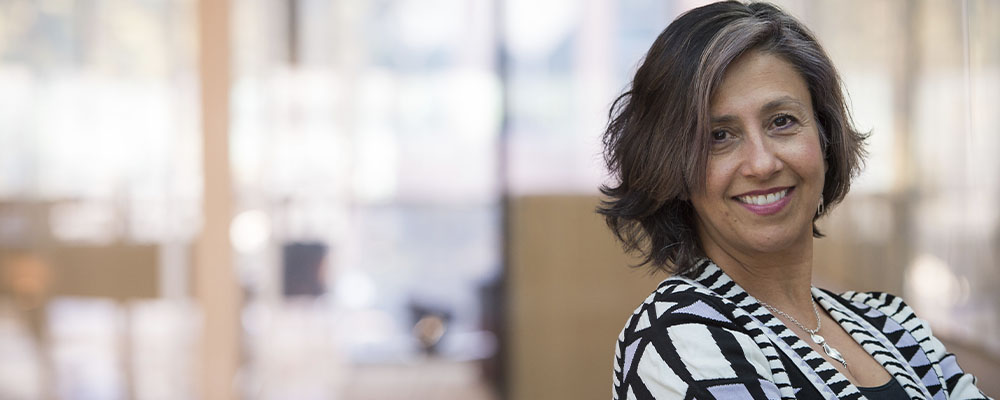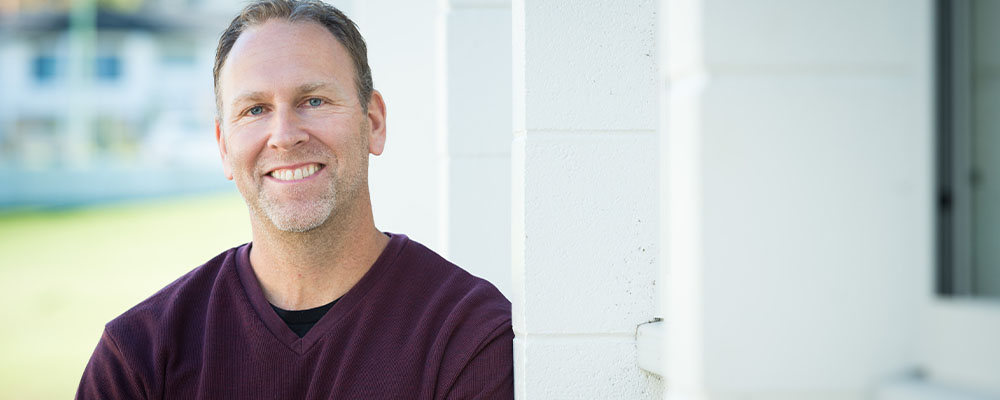Congratulations to Margaret Macintyre Latta, university and community partners for receiving a Social Sciences and Humanities Research Council Partnership Grant!
Co-Curricular-Making: Honoring Indigenous Connections to Land, Culture and the Relational Self, is led by Margaret Macintyre Latta, director of the Okanagan School of Education with community partners including Okanagan Nation Alliance, Central Okanagan Public Schools, IndigenEYEZ, Kelowna Art Gallery, Kelowna Museums Society and the universities of Alberta and Ottawa.
The initiative will be receiving $1 million grant to seek respectful ways for educators to approach their curricular practices oriented towards reconciling pedagogies and healthier ways to live in the world with others. The research will enhance understandings of Indigenous cultures and supports, and mobilize local, place-based, land-based First Nations ways of knowing and being.
Globally, classrooms are recognized as sites to address civil, racial, ecological, and social tensions and inspire reconciliation. A key understanding of the education field is that teaching and learning must reflect local traditions and perspectives. This project will ground reconciliation efforts accordingly, bringing a cross-section of community partners committed to curricular Indigenization into continual conversation with each other for an extended time. The partnership will enter into shared knowledge-building conversations, engaging local Knowledge-Keepers and Elders with participating educators and the extended community. Project partners collectively understand this to be the task of reconciliation—to work alongside each other, learning with, through, and from each other.
Okanagan School of Education faculty involvement includes Sabre Cherkowski and Karen Ragoonaden as co-investigators, and Wendy Klassen and William (Bill) Cohen as collaborators.
PLUS:
Co-investigators
Dwayne Donald, University of Alberta
Jan Hare, University of British Columbia
Nicholas Ng-A-Fook, University of Ottawa
Sandra Styres, University of Toronto
Terry Beaudry, Central Okanagan Public Schools
Collaborators
Adrienne Vedan, University of British Columbia
Joanne DeGuevara, Central Okanagan Public Schools
Jonathan Rever, Central Okanagan Public Schools
Kevin G. Kaiser, Central Okanagan Public Schools
Linda Digby, Kelowna Museums Society
Rhonda Ovelson, Central Okanagan Public Schools
Richard Oliver, Central Okanagan Public Schools
Desiree Marshall-Peer, Okanagan Collaborative Conservation Program
Community partners
IndigenEYEZ
Kelowna Art Gallery
Kelowna Museums Society
Okanagan Nation Alliance
Central Okanagan Public Schools
University of Alberta
University of Ottawa
